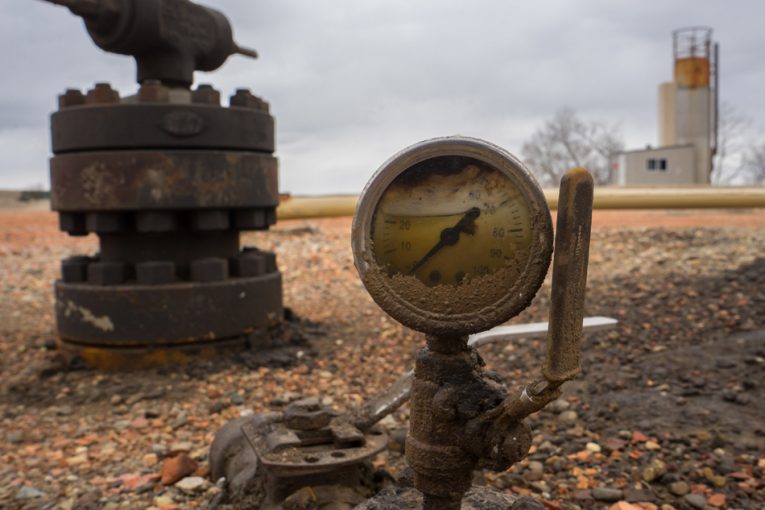
[ad_1]
CALGARY — Alberta regulators will scrutinize oil and gas executives more closely to try to stop a rising number of energy companies from dumping their environmental clean-up costs on the province and its taxpayers.
The Alberta Energy Regulator announced Wednesday that it would conduct background checks on directors and executives to see if they’ve previously been involved with companies that have unpaid taxes, owe money to regulators or haven’t complied with existing rules. For those directors or executives with questionable backgrounds, the AER may refuse to issue new oil and gas licenses in the province.
Previously, all that was needed to obtain an oil and gas license in Alberta was a $10,000 down payment, an address within the province and a nominal amount of insurance.
However, changes to the rules come after 12 insolvent oil and gas companies handed off responsibility for cleaning up over 1,600 properties to the province over the last year-and-a-half, which saddled a clean-up agency called the Orphan Well Association with over $100 million in new costs.
“As it stands now, there is a loophole that allows directors and officials from oil and gas companies to use bankruptcy as an excuse to walk away from the wells that they are responsible for cleaning up,” Alberta Energy Minister Marg McCuaig-Boyd said during a news conference.
She said the changes announced Wednesday are designed to close that loophole and make it more difficult for companies to dump responsibility for their unprofitable properties on the OWA in bankruptcy proceedings.
In certain cases recently, executives and directors from bankrupt oil producers started new companies in an attempt to buy profitable assets out of receivership but leave the unprofitable ones for provincial agencies to remediate.
“We had seen a couple companies that are doing this,” AER president and CEO Jim Ellis said. “We recognize that there was a gap in the directive and we need to close it. From my perspective, operators shouldn’t profit from bad behaviour.”
More changes are expected in the coming months as the province is conducting a review of how orphaned oil and gas wells, for which there is no financially solvent owner, are regulated in the province.
The AER has also taken increasingly assertive actions in recent months in an attempt to prevent companies from walking away from clean-up costs by implementing new rules for buying assets and intervening more frequently in bankruptcy proceedings. Wednesday’s rule change marks another attempt to prevent the situation from worsening.
“Details will matter but this seems like a move in the right direction. Something that, frankly, should have always been in place,” University of Calgary economist Blake Shaffer said of the change, adding that more details are needed.
Shaffer recently co-authored a report for the C.D. Howe Institute that estimated cleaning up all the unproductive oil and gas properties in Alberta would cost $8.6 billion.
The report noted those cost risks flowing to taxpayers without policy changes, especially given a recent court decision in Alberta that allowed the receiver for Redwater Energy Corp. to disclaim responsibility for its uneconomic oil and gas wells while marketing profitable assets for sale.
That decision confirmed that Canada’s bankruptcy laws supersede Alberta’s environmental rules, which allowed for more companies to disclaim clean-up liabilities in bankruptcy.
“If these weak firms go bankrupt, and creditors are still kept whole through the implications of the Redwater case, this sets up a serious moral hazard problem. Increasing the scrutiny on who can hold or acquire licenses helps to mitigate, somewhat, the proliferation of that type of activity,” Shaffer said.
The AER has appealed that decision all the way to the Supreme Court of Canada, which will hear arguments on the case in February.
In response to the decision, McCuaig-Boyd is also urging Ottawa to tweak existing bankruptcy laws to ensure that environmental obligations are not neglected until after debt holders are repaid. “If we don’t take action, the inventory at the OWA will likely keep growing,” she said.
Oil and gas industry leaders welcomed the additional scrutiny on directors. Canadian Association of Petroleum Producers vice-president Brad Herald said at a news conference alongside Ellis and McCuaig-Boyd. “It’s time to put an end to companies that can walk away from oil and natural gas infrastructure without following through on their commitments to clean up sites,” he said.
Financial Post
gmorgan@nationalpost.com
[ad_2]
You can read more of the news on source
